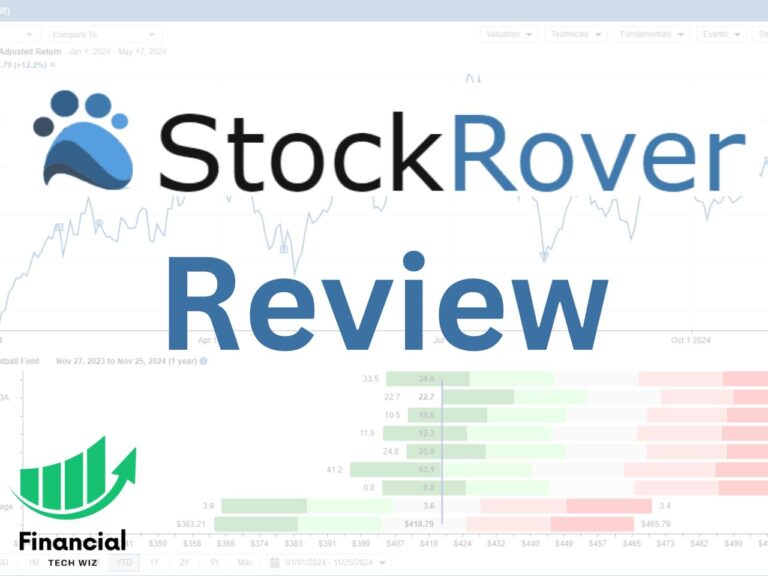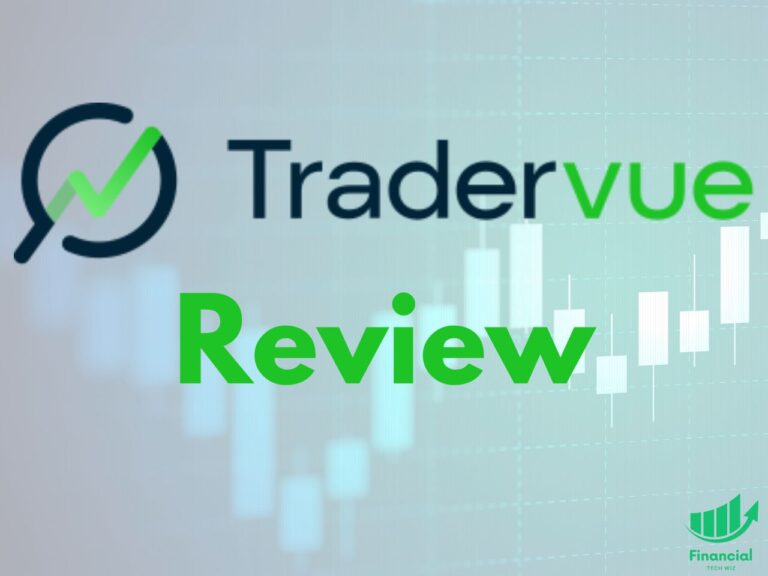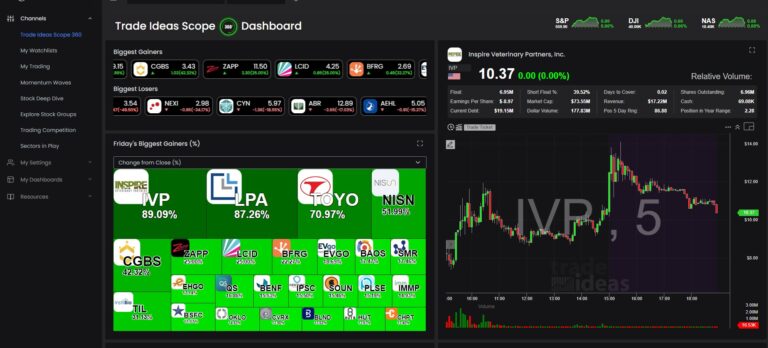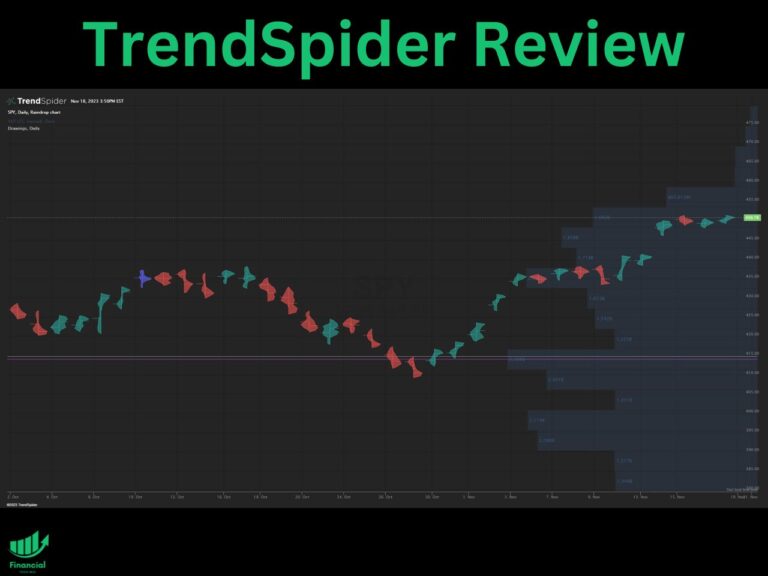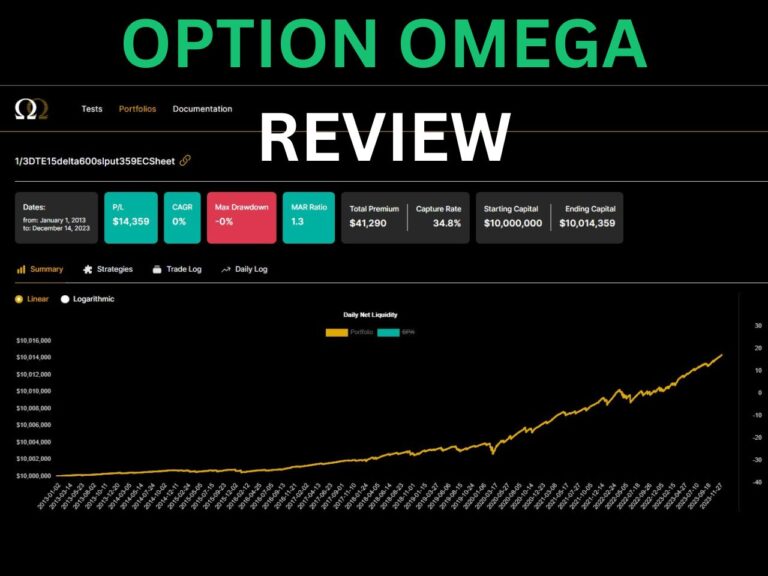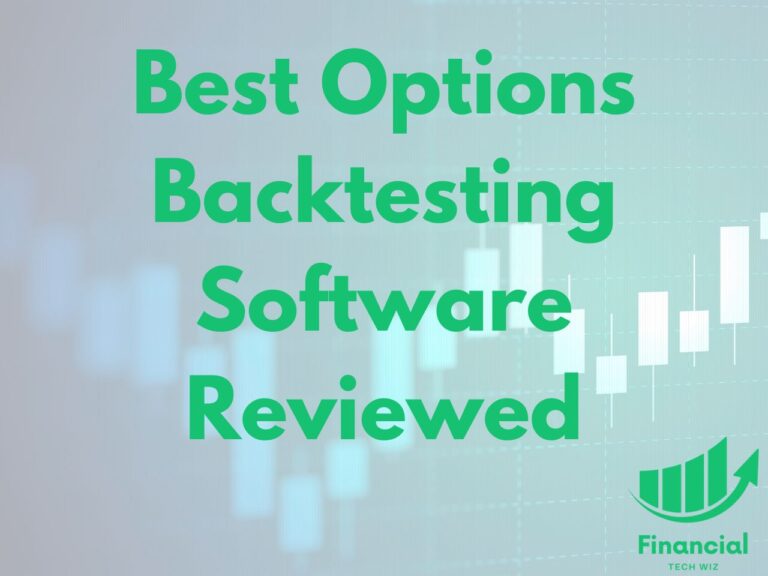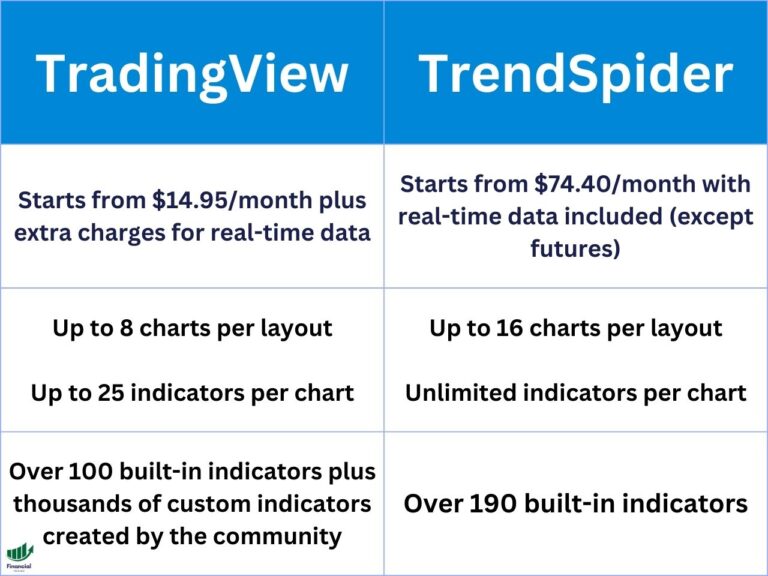7 Personal Finance Hacks You Must Know
These finance hacks are a great place to start if you want to improve your money management knowledge. If you learn skills that enhance your understanding of money, you will naturally become more aware of things you can do to improve your financial health.
For example, you may be inclined to pass up on the fancy car if you understand that your money is better invested elsewhere. However, the ultimate financial goal is to own enough assets to pay for your lifestyle so that you don’t have to work anymore. Fancy cars look cool but do not put money in your pocket like assets.
The Top 7 Finance Hacks You Must Know:
1- Avoid bad debt
When used correctly, debt can help you grow your net worth. However, using debt to pay for unnecessary items may be detrimental to your pocketbook. If you can’t buy the thing twice, you probably can’t afford it.
Bad debt includes anything you purchase that is a liability and not an asset. Assets put money in your pocket, while liabilities take money out of your pocket. Examples of bad debt include most cars, designer clothing, and credit card debt.
2- Pay yourself first
Each time you receive a paycheck, you should immediately save or invest a portion of it. Don’t save so much that you can’t afford to eat, but save as much as you can, even if it’s just a few bucks. Once you have a nice emergency savings fund, you should start investing in the stock market or real estate.
How much you save depends on your personal financial situation, but saving at least 25% of your income is an excellent place to start. Ideally, you will save over 50% of your income if possible. There is no excuse not to save, even if it’s just $1 of your check.
3- Shop smarter
An excellent way to start shopping smarter is to do more research on stuff before purchasing it. The research will ensure you get the exact item you want and save you money.
Performing this research is primarily useful when you are shopping online. This is because there are usually tons of different versions of items on the internet with various features and price points.
It is your job to determine the features you want out of the product. Once you know exactly what you want, you can find the most optimal product at the lowest price.
4- Learn a monetizable skill
Learning a monetizable skill will guarantee you can make money even if you don’t have a job. If the economy gets tight and you get laid off, this skill can be a lifesaver.
You will also gain business experience and knowledge when you are making money without an employer. This business experience is excellent because it can potentially allow you to quit your job one day.
5- Wealth tracking
Do you know how much money you spend every month? If you do not track your expenses already, doing so can be a game changer. Using an app like SoFi makes this process automatic and easy. Additionally, if you download SoFi using my code, you can get a free $25!
SoFi will break down how much you spend and automatically separate your expenses by category. You may be surprised when you realize how much money you spend on food alone each month! SoFi will also show you your monthly cash flow, which is how much you spend compared to what you earn.
6- Don’t spend more than you make
Spending less than you make is a worthy goal because it is relevant regardless of how much money you are making. For example, if you make $20k per month but spend $19k each month, you are cash flowing $1k per month. If somebody else makes $10k per month and spends $5k, they are cash flowing $5k per month.
The amount of money you make doesn’t matter as much as the amount of money you keep. Unfortunately, many pro athletes go broke shortly after their careers end because they don’t keep any of their hefty paychecks. You can make a ton of money, but if you spend it all, it’s almost like you never had it in the first place.
Spending your money on cash-flowing assets is the best way to utilize it. Once you have enough cash-flowing assets to live off of, you can start spending your profits. It will be hard to retire if you don’t purchase assets because you will also need to work for more money.
7- Start micro-investing
If you are one of the people who think they can’t afford to invest, I encourage you to start micro-investing. Micro-investing is investing small amounts of money consistently over time. Popular apps like Robinhood and Acorns allow you to do this easily.
On Robinhood, you can set up a recurring investment in a large cap stock ETF for as little as $1 per day. Practically everybody can afford to spend $1 per day, and it will add up quickly.
Small deposits like this may seem pointless, but every dollar invested counts. You may be surprised at how fast your account grows without you even noticing it in your bank account.
You can track your investments with tools like TradingView to give you access to charting and technical indicators.
Finance Hacks: Bottom Line
If you are unhappy with your financial situation, you should educate yourself about personal finance. Utilizing finance hacks is a great way to put your next paystub to good use.
Financial freedom is only attainable if you are aware of how money works. If you are interested in learning more about investments and purchasing assets, you should join a community of like-minded individuals.
– Free trading journal template & cheat sheet PDFs
– Access our custom scanners and watchlists
– Access our free trading course and community!

